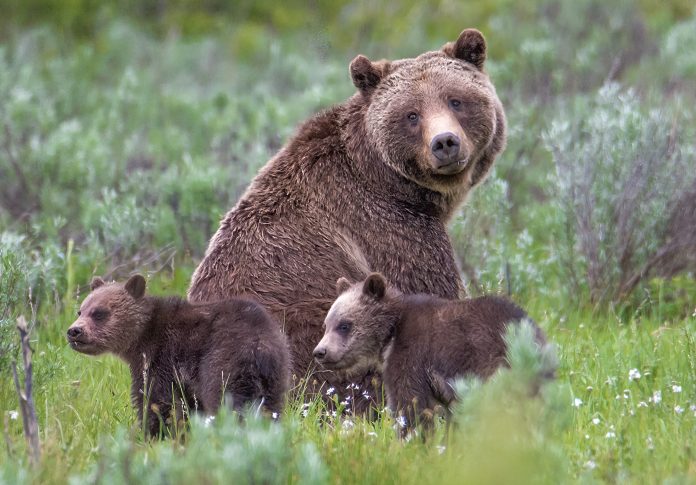
Victory! Court Overturns Federal Authorization To Kill 72 Grizzly Bears Near Yellowstone National Park
By Lauren Lewis
You can help all animals and our planet by choosing compassion on your plate and in your glass. #GoVeg
RELATED ARTICLES
Victory! Great Britain Has Finally Banned The Live Export Of Farm Animals
The Animal Welfare (Livestock Exports) Bill, that will ban farmed animals from being exported from Great Britain for slaughter, has passed its final stage...
Judge Dismisses Felony Charges Against UC Berkeley Student Who Rescued Four Chickens From A Slaughterhouse
A Sonoma County judge dismissed multiple felony charges against UC Berkeley student Zoe Rosenberg, 21, who is being prosecuted for rescuing four chickens from...
The Most Endangered Species On Earth & The Race To Help Save Them From Extinction
The world is facing a crisis in biodiversity as a growing number of species are facing extinction. Among them, some are particularly at-risk of...
Popular stories
News
Breaking! Four Poachers, Including A Former SANParks Ranger, Receive Prison Sentences For Killing Rhinos In Kruger National Park
South African National Parks (SANParks) announced today the finalization of two long-running rhino poaching trials by the Skukuza Regional Court. One rhino poacher was...
News
DNA Test Confirms That Another Wolf Has Been Killed By A Hunter In New York; Take Action To Help Protect All Wolves In The...
A recent DNA analysis revealed that an 85-pound gray wolf was shot and killed by a hunter in central New York last December. At the time, protection...
News
Wildlife Conservation Groups Are Working Together To Translocate 250 Elephants In Malawi To Ensure A Viable Population
Malawi’s Department of National Parks and Wildlife (DNPW), African Parks (AP) and International Fund for Animal Welfare (IFAW) will translocate 250 elephants from Liwonde...


